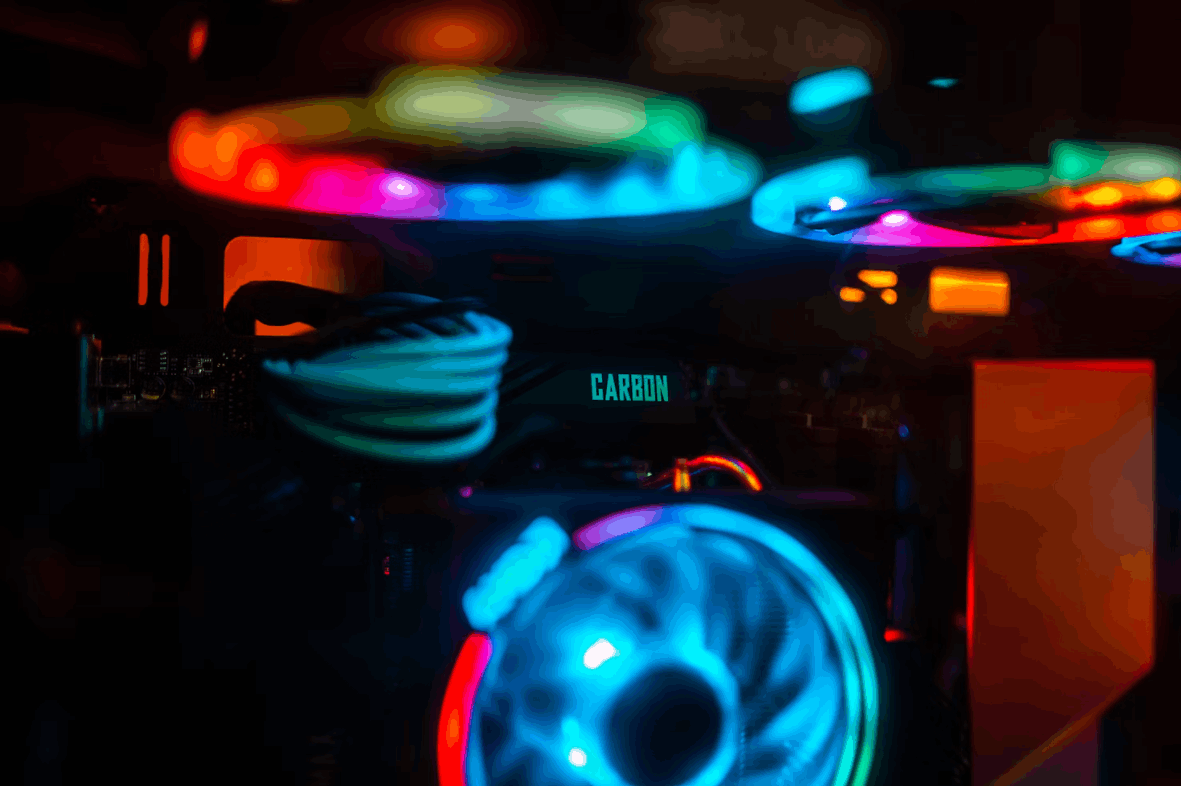
How to Plan a Balanced PC Build
Building a PC isn’t just about throwing high-end parts together — it’s about achieving balance. A powerful GPU is wasted if the CPU bottlenecks performance, and overspending on RAM won’t help if the workload doesn’t require it.
Start by defining the purpose of your build: gaming, content creation, or office productivity. Each task has different priorities, and the hardware must reflect that.
Once the purpose is clear, match components accordingly. A mid-range CPU may be ideal for gaming when paired with a solid GPU. Storage should be fast enough, but balanced with budget.
Don’t neglect the motherboard: it determines upgrade paths and compatibility. Always check socket support, memory type, and expansion slots.
Finally, make room for future upgrades. Choose a power supply and case that can support your ambitions, not just today’s setup.